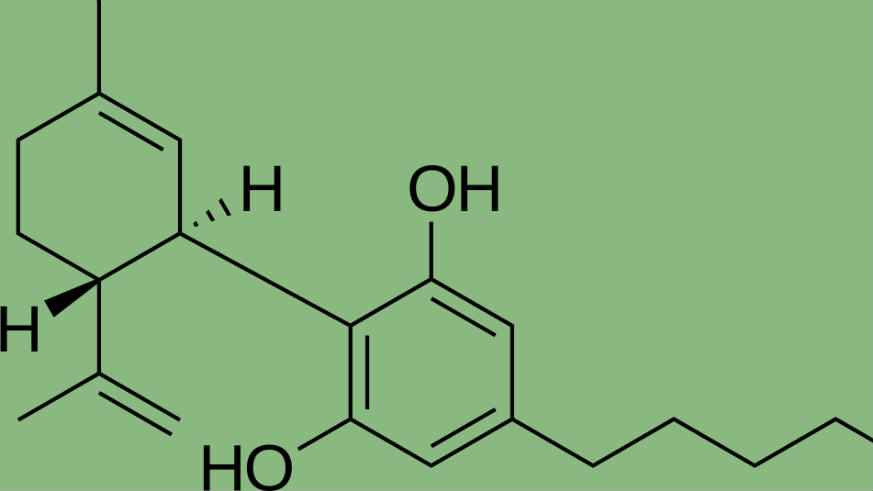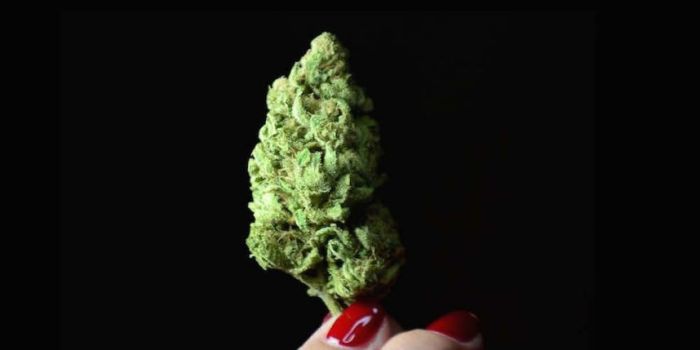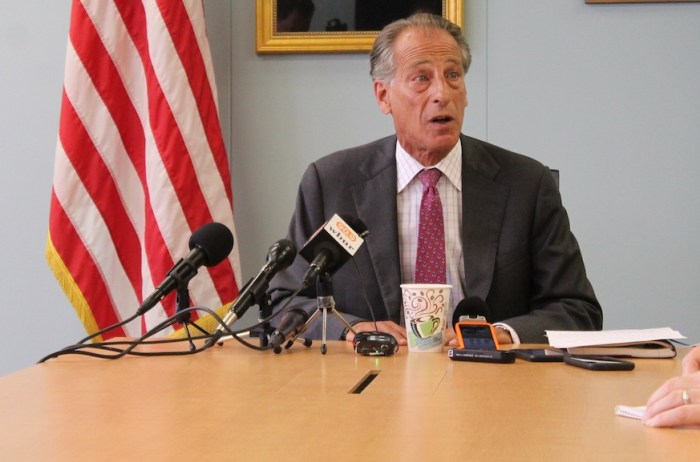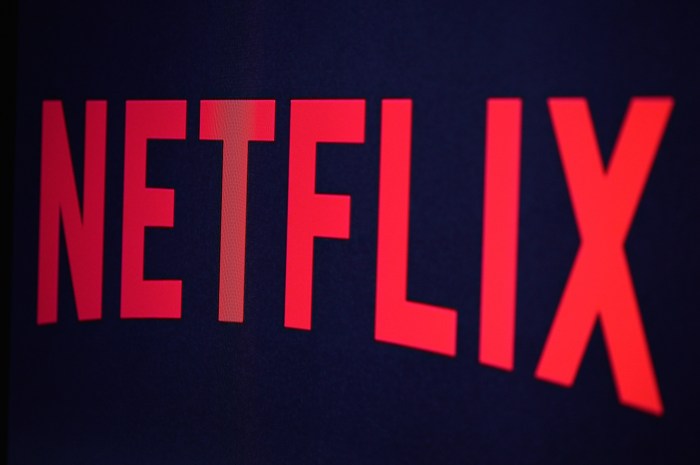The marijuana derivative cannabidiol — commonly known as CBD — could be used for more than anxiety, inflammation or a 420-inspired dinner party.
CBD reduced seizure frequency for patients with Dravet Syndrome by 39 percent in a study published Wednesday in the New England Journal of Medicine. The study is based on the first large-scale clinical trial testing the effects of CBD on seizures.
Dravet Syndrome is a rare, severe form of epilepsy.
“Cannabidiol should not be viewed as a panacea for epilepsy, but for patients with especially severe forms who have not responded to numerous medications, these results provide hope that we may soon have another treatment option,” said lead investigator Dr. Orrin Devinsky, the director of the Comprehensive Epilepsy Center at NYU Langone Medical Center. “We still need more research, but this new trial provides more evidence than we have ever had of cannabidiol’s effectiveness as a medication for treatment-resistant epilepsy.”
CBD is a compound in cannabis that does not induce a high. A pharmaceutical version of CBD, called Epidiolex, was used in the trial.
Epidiolex is manufactured by G.W. Pharmaceuticals, the company that funded the study, and has not been approved by the U.S. Food and Drug Administration.
The study included 120 children and teens between the ages of 2 and 18 across 23 sites in the United States and Europe. The groups were randomly given either 20 milligrams of CBD or a placebo along with their usual course of treatment.
During the month-long trial, seizure frequency dropped in the CBD-treated group by 39 percent — from a median of nearly 12 convulsive seizures per month to about six. Seizures for three of the 120 patients stopped completely.
The seizure frequency in the placebo group dropped 13 percent, from 15 seizures a month to 14. Study authors called the difference significant and clinically consistent.
The most common side effect in the CBD grop were comiting, fatigue and fever. Eight participants in the CBD group and one in the placebo group withdrew from the trial due to side effects.
The study confirms results from a December 2015 open-label expanded access program led by Devinsky that reported reductions in seizure frequency.
Longer term studies of CBD for Dravet Syndrome as well as for other forms of treatment-resistant epilepsy are also underway.

























